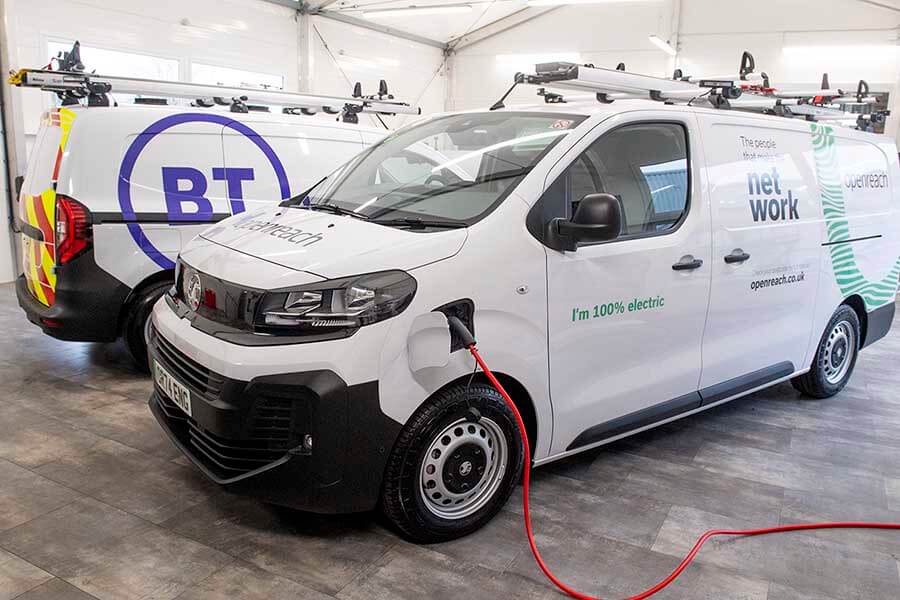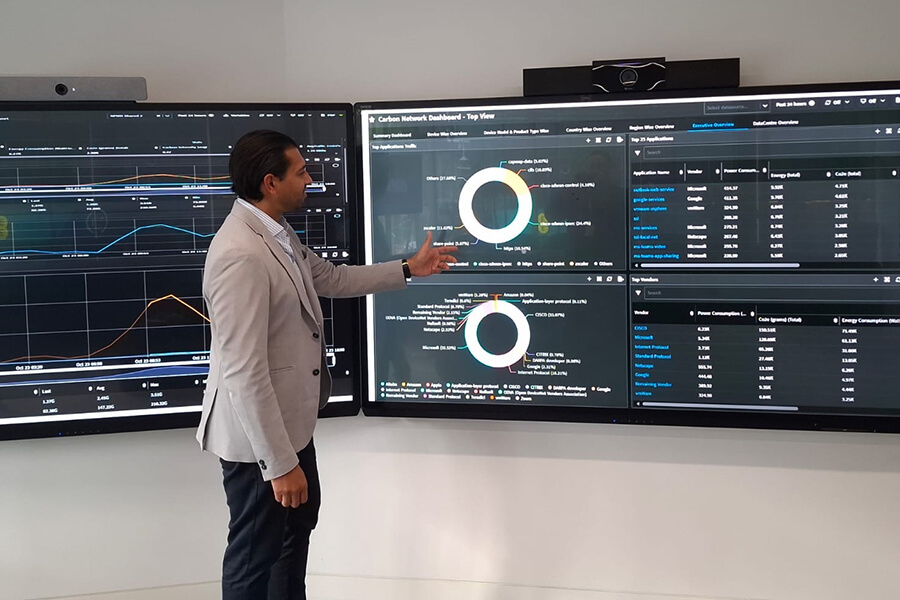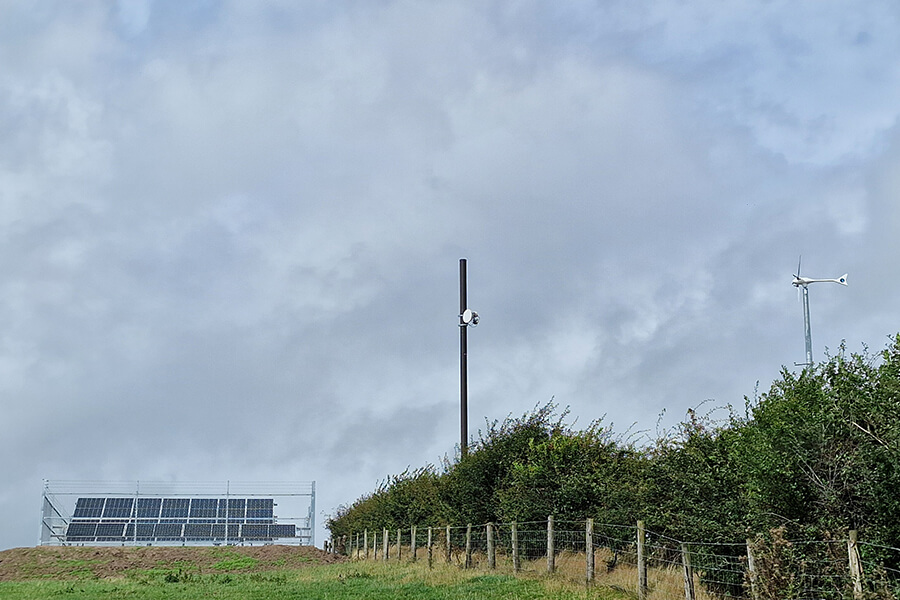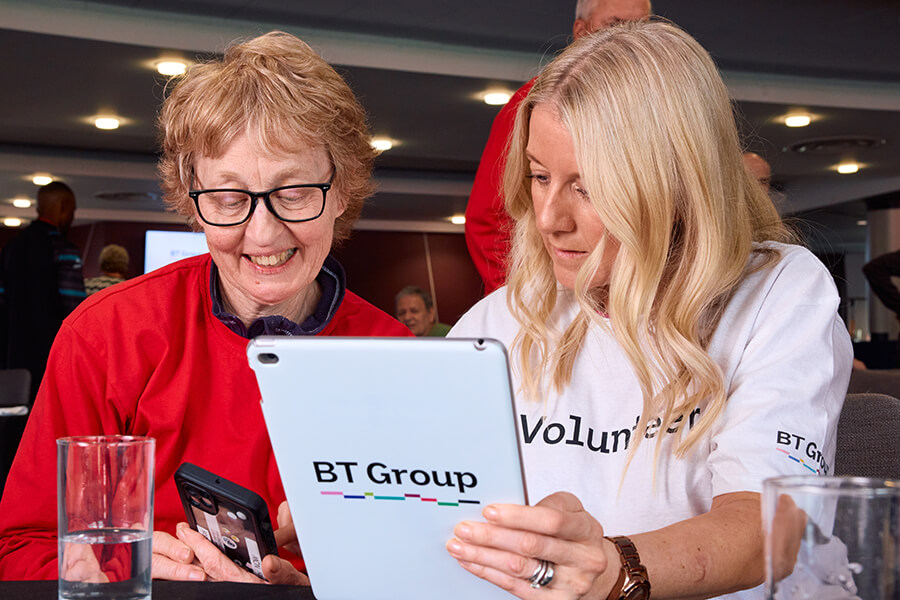BT Group has been a leader on climate action for over 30 years. We’ve been tracking our carbon reductions since 1992 and were one of the first companies in the world to set a science-based target in 2008. We’re working hard to decarbonise our networks, buildings and fleet and are building towards a circular business.
The transition to a resilient net zero economy needs to happen much faster. We’re investing in full fibre broadband and 5G networks that will pave the way for lower-carbon ways of life and work. Our networks and solutions can help all our customers cut carbon too. Tech has enormous potential to make cities and factories smarter and manage homes more efficiently.
We’ve published our first Climate Transition Plan, setting out in detail the objectives, strategy and governance needed to help reduce our emissions, manage climate-related risks and support economy-wide transformation to net zero.












